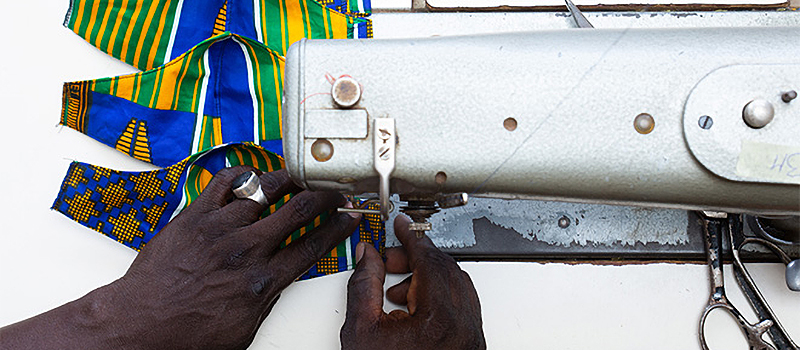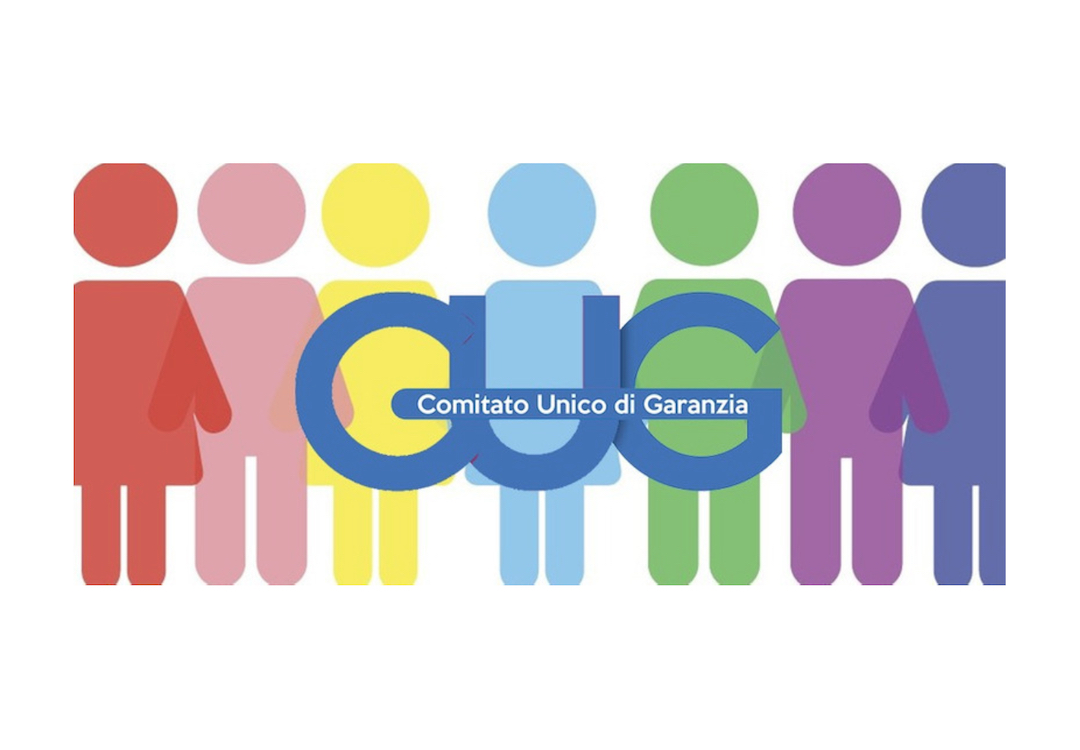Profile
AICS – the Italian Agency for Development Cooperation – is one of key innovations established by the Italian law on international cooperation (Law No. 125/2014). The Agency began operating in January 2016, with the aim of aligning Italy with its principal European and global partners in the endeavor of development. Its basic model reflects that used in the main European countries, and it must comply with the demand for more professional and innovative forms of cooperation, involving the methodological flexibility necessary in a continuously evolving scenario.
The Agency headquarters are in Rome. AICS runs another base in Florence and 20 field offices worldwide for assessing local needs, implementing development initiatives, monitoring results and building partnerships on the ground. According to the law, the Agency’s mission is to “perform technical and operational activities associated with the examination, development, financing, management and control of the cooperation initiatives”.
The Deputy Minister, Edmondo Cirielli, is delegated in the field of Development Cooperation, conferred pursuant to article 11 paragraph 3 of the law, and chairs the joint Committee which approves international development projects and initiatives.
Strategies
For Italy, international cooperation is not only “an integral and qualifying aspect of Italy’s foreign policy” (article 1 of Law 125), but also its fulfillment… almost a new and more modern form of foreign policy. The ultimate goals of development cooperation are outlined in the first articles of the Law: eradication of poverty, reduction of inequality, promotion of human rights and gender equality, support for liberal democracy and the establishment of the rule of law. In other words, development is not framed as an “economic agenda” but a program of human promotion.
The key themes of the future are a more equal distribution of wealth, guaranteed access to quality healthcare and education, and environmental sustainability. These are the challenges that cooperation should tackle and engage with, demonstrating a new “economy of human promotion”, conceived to involve public and private agents, uniting culture, education, employment, rights, business and community, and inspired by European and Italian models. Moreover, international cooperation should provide concrete answers to the men, women and children that flee from war and poverty.
Law 125 aims at modernizing Italian cooperation activities through the construction of four pillars: firstly, the “coherence of government policies” guaranteed by the Interministerial Committee for Cooperation and Development (CICS), which represents the institutional setting for interaction between different Ministries – Foreign Affairs, Interior, Environment, Economic Development, Culture… – in relation to international cooperation and development policies. The aim is to increase their consistency and coherence in terms of goals and results achieved. The second pillar is the institution of a Vice-Minister for Cooperation, with a wide-ranging and specific authority over cooperation issues, who can attend cabinet meetings dealing with cooperation issues. The third pillar is the definition of “an Italian cooperation system” that oversees the involvement and interaction of new players from the non-profit sector (civil society organizations, foundations, charities, ethical finance…) and the private sector. Finally, the fourth pillar is embodied directly in AICS, the new Italian Agency for Cooperation and Development, which – under the umbrella of the Ministry of Foreign Affairs and International Cooperation – has a wide-rainging mandate and autonomous legal status, budget and organisation. These conditions are designed to allow the Agency to act as a hub connecting national and local institutions, plus no-profit and profit organisations.
Goals
Law 125 indicates the goals of cooperation as including the eradication of poverty, the reduction of inequalities, the protection of civil rights and personal dignity – including gender equality and equal opportunity – as well as the prevention of conflict and support for peace processes. The Agency must adopt a Triennial document on planning and orientating cooperation and development policies, which has to be approved by the Italian Government by 31 March, every year.
On the domestic front, cooperation policies contribute – also thanks to the migrant community living in Italy – to the evolution of new and shared migration policies. On the international front, the ownership of development processes by partner countries is indicated by Law 125 as one of the cornerstones of all aid projects. At the same time, the Law also establishes that aid must never, even indirectly, be connected with military purposes. In terms of multilateral initiatives, the Law affirms the principle of harmonising national cooperation policies with those of the European Union while, for territorial partnerships, it recognises the right of Regional governments and local institutions to carry out cooperation initiatives with counterparts in other territories. Humanitarian aid and emergency activities also come under the scope of cooperation development actors.
Tools and Resources
Since international cooperation is defined as “an integral and qualifying part of foreign policy”, it will be the Vice-Minister’s responsibility to oversee the functioning of this unitary and coherent system, assisted by the Ministry’s General Direction of Cooperation. The overall economic resources devoted by the Italian government to international cooperation policies – previously scattered among different departments of different Ministries – are clearly visible in the yearly financial statement.
Law 125 assigns the role of “Italian Bank for Development” to Cassa Depositi e Prestiti, whose expertise and network of alliances and relations with international financial institutions are capable of providing the Italian cooperation system with a significant boost. The Law also attributes an important role to the Parliament, in terms of guidance and monitoring, and to the National Council for Cooperation and Development, an assembly for debate and consultation which enables the participation of several players in the field of international cooperation, whether public or private, profit or no-profit or profit, thus facilitating a permanent connection among stakeholders.


